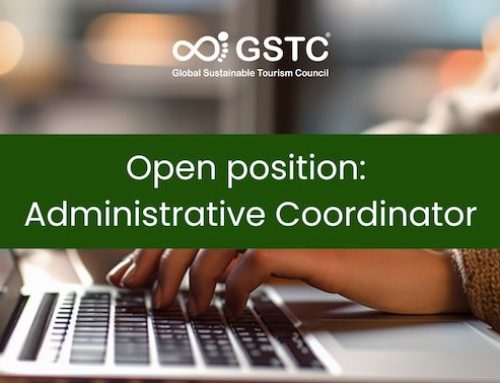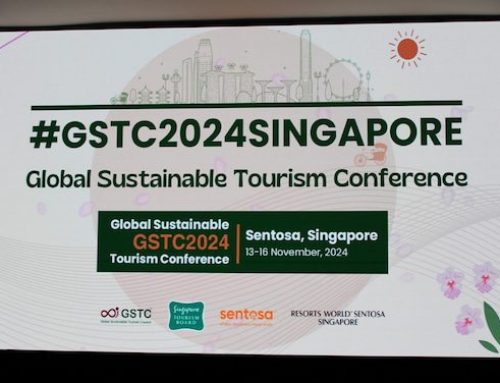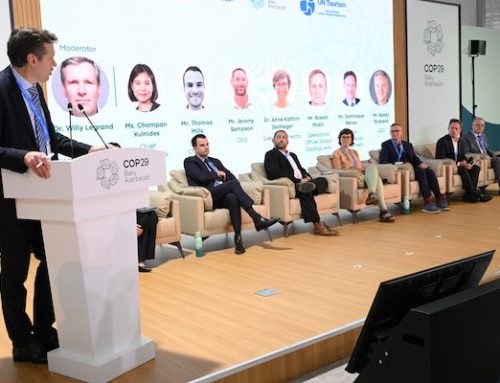
Amos Bien – Technical Director, GSTC
By Amos Bien, GSTC Technical Director
The Global Sustainable Tourism Criteria (GSTC Criteria) were an enormous step forward when they were launched in 2008. They are a synthesis of more than 20 years’ work, by hundreds of people and institutions from around the world in what sustainability signifies in tourism. Moreover, the great majority of those who worked over that period supported this grand consensus that builds on all the prior work to present a simple, coherent functional set of actions to ensure that tourism approaches sustainability.
The Criteria are not without limitations. This version was aimed towards hotels and tour operators, although most of the criteria represent principles that are applicable to all sectors. They represent the minimum, not the most, that a business should do to move towards sustainability. Of course, as universal principles, they should be adapted to the local conditions wherever they are applied. Each region and industry sector will have its own special conditions that should be addressed in locally-developed criteria that build on the GSTC Criteria. Finally, the version released in 2008 had not been fully tested in the real world, and not all potentially affected parties were reached during the first five rounds of consultation in 2007-8.
During the period from October 2008 through April 2011, comments were collected from the open consultation on the website, as well as additional comments from other interested parties. The International Standards Working Group of the Global Sustainable Tourism Council (GSTC) has been conducting a review process to update the Criteria, taking into account problems that have been recognized in these two years, as well as additional comments from around the world. After compiling and responding to each of the thousands of comments, a new draft version of the GSTC Criteria has been placed online in four languages (English, French, Spanish, and Mandarin) for an additional 60-day public consultation period (ending on October 15 in English, October 31 in French and Spanish, and November 1 in Mandarin). All comments will be read and responded to.
It is very important for us that this consultation reach as many stakeholders — potentially affected parties — in as many regions as possible. Please help us get the word out, so that we can continue to develop a global consensus on sustainable tourism.




